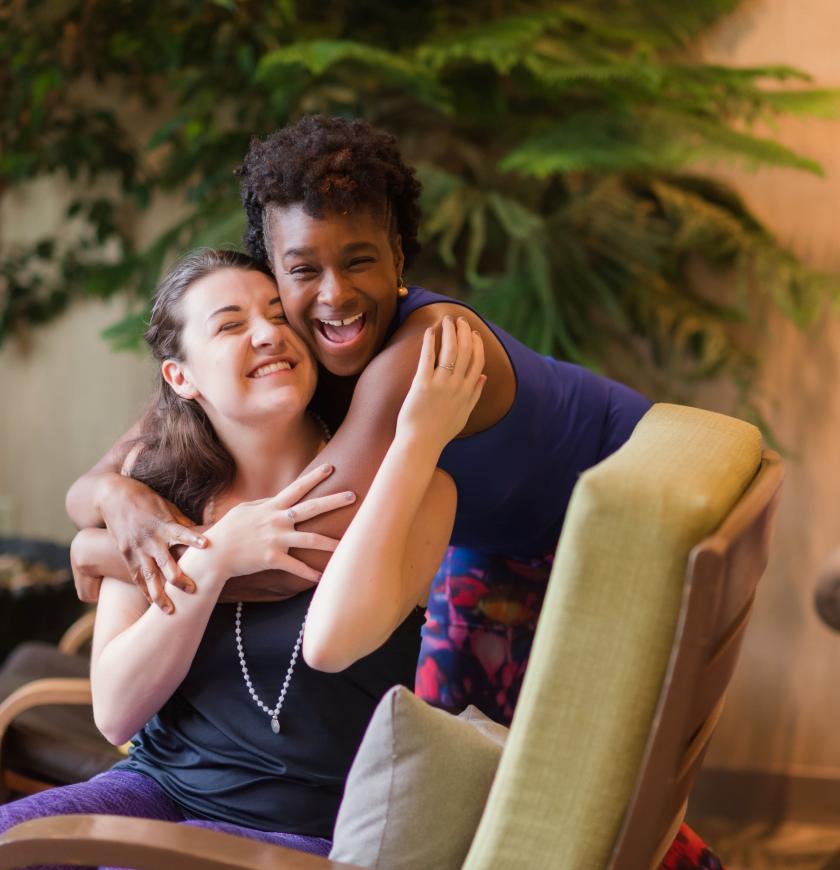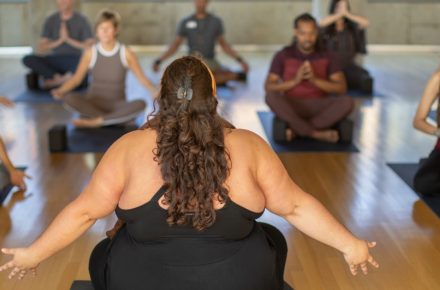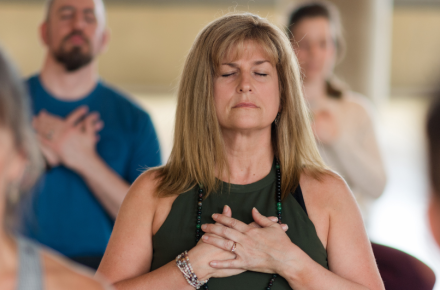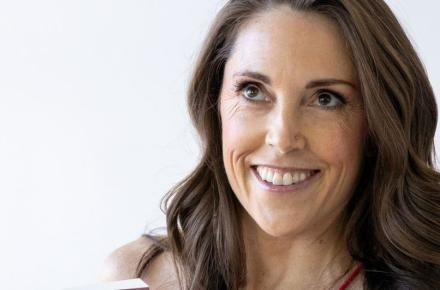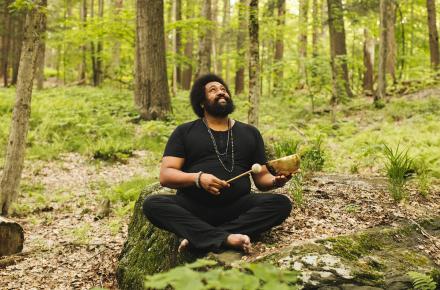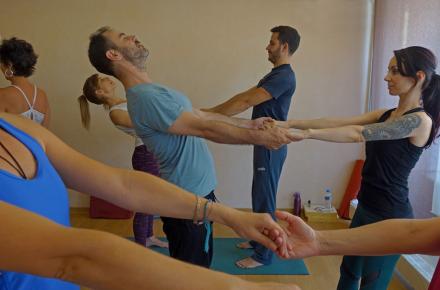Empowering Girls on the Heroic Journey of Adolescence
by Meg Agnew, SuEllen Hamkins, and Cindy L. Parrish
It’s an observable phenomenon for girls in our current society to have strong “voices”—until the age of 11 or 12. Author Carol Gilligan and other social scientists have noted that, at this point in her life, a girl who previously was sure of herself, eager to answer questions in class, and confident of her point of view, often becomes silent, withdrawn, and possibly even self-destructive.
At this age, girls look to the wider world—outside their family, school, and close friends—for self-definition and a verification of values. The mass media shows girls what they should become: the perfect girl, someone who’s quiet, kind, thin but energetic, sexy yet chaste. The “perfect girl” image leaves little room for what girls make, imagine, or dream of. It’s no surprise that, without support and encouragement, many girls in our society lose their voice at this age, and instead begin to live the message with which they’re constantly bombarded: It’s the outside that matters, not the inside.
The pressures a girl feels at adolescence to suppress her voice and individuality are compounded by the pressures put on her to distance herself from the one person who might be her strongest and most knowledgeable ally: her mother. The widely held idea that teen girls need to disconnect from their mothers in order to properly mature is not true. Girls best discover who they are in the context of loving relationships. Maturity means getting better at both autonomy and connection—including with mom. Girls need—and want—a close connection with their mothers—as long as they are respected for their growing maturity. When girls say they want “space,” they don’t mean outer space. What they want is for us to make space for them in our hearts and in our lives to develop in their own ways. When they go in a new direction, our daughters want us right there, supporting and cheering them.
At this critical juncture, we can help our daughters grow up strong and free by creating spaces that help them thrive, empowered by connection with other girls and women—including their mothers. As a girl looks outward for guidance on what it means to come of age, women mentors become particularly important. Teen girls need other adults who can give them a positive vision of themselves and their future. Coming together in a group with other mothers and daughters makes it possible to create a small subculture in which powerful girls and the mother-daughter connection are valued. The more deeply and vividly we convey these values, the more compelling they will be for our girls.
Over the last 12 years, through the Mother-Daughter Project and The Heroic Girlz programs, we have developed myriad ways to empower girls to keep their voices strong and their dreams alive. Theater arts (with its inherent physicality), visual arts, movement, and writing fully engage their senses and imaginations in creating girl-positive images and experiences. These creative arts open a space for girls and moms capable of overpowering the girl-negative images streaming from mainstream media.
We can also enrich the mentoring girls get from women by invoking inspiring historic figures. When girls study and embody influential historic women through expressive arts, these women, too, can become mentors, offering girls support and encouragement to keep their voices strong. When this experience is shared by a group of mothers and daughters, girls feel welcomed into the powerful community of women.
Writer and filmmaker Cindy L. Parrish, PhD, and movement theater artist Meg Agnew codirect Heroic Productionz, an arts-based educational resource center and consulting company. SuEllen Hamkins, MD, is coauthor of The Mother-Daughter Project: How Mothers and Daughters Can Band Together, Beat the Odds and Thrive Through Adolescence.
Find out about upcoming mother-daughter programs at Kripalu with Meg Agnew, SuEllen Hamkins, and Cindy L. Parrish.
© Kripalu Center for Yoga & Health. All rights reserved. To request permission to reprint, please e-mail editor@kripalu.org.




